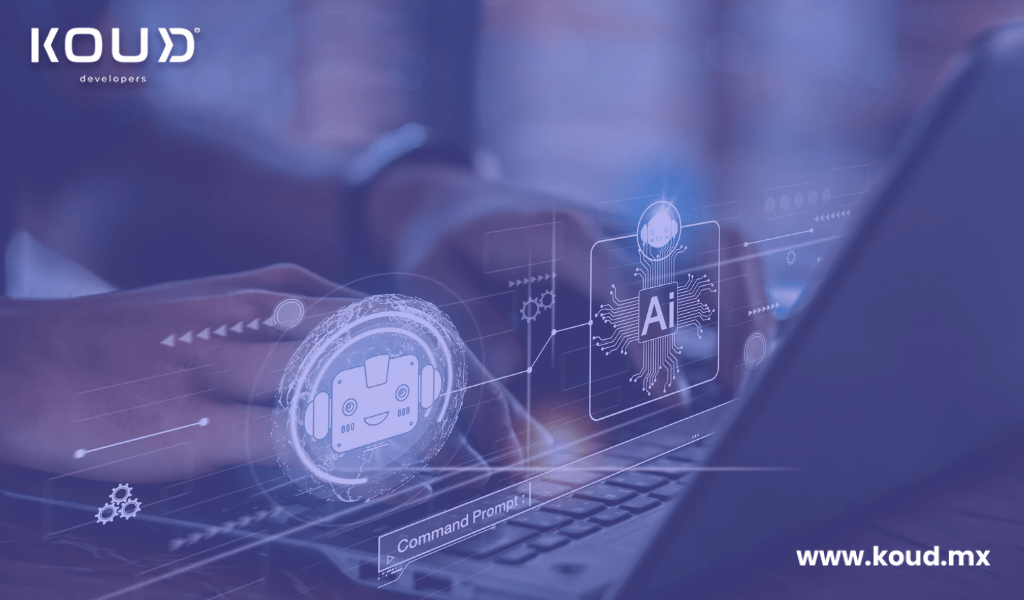The Impact of Artificial Intelligence on Modern Software Development
Artificial Intelligence (AI) is revolutionizing various industries, and software development is no exception. In recent years, AI-powered tools have transformed how developers build, test, and maintain applications. From task automation to improved decision-making, AI is significantly enhancing the efficiency, quality, and speed of software creation.
1. Automation of Repetitive Tasks
One of the biggest impacts of AI in software development is its ability to automate repetitive tasks that previously required manual intervention. AI systems can handle processes such as continuous integration and delivery (CI/CD), code compilation, and test execution, allowing developers to focus on higher-value tasks.
For example, tools like GitHub Copilot use AI to suggest code snippets, complete functions, or detect potential errors in real time. This not only reduces the time spent writing code but also improves code quality.
2. Code Quality Optimization
AI is also transforming the software testing process. AI tools can predict and detect code errors, enabling proactive corrections. Advanced machine learning algorithms analyze code patterns and past error logs to anticipate failures before they occur.
Moreover, AI can perform smarter automated testing by evaluating various configurations, scenarios, and conditions without human intervention. This leads to a significant improvement in software quality and stability.
3. Predictive Development
Predictive development is another area where AI is making a significant impact. By analyzing large volumes of data from previous projects, AI-based systems can estimate delivery times, identify risks, and highlight potential problem areas. This allows development teams to make informed decisions and optimize resource planning.
For instance, some project management platforms use AI to prioritize tasks based on their potential impact, improving workflow efficiency and speeding up software delivery.
4. Software Personalization
AI also plays a major role in creating personalized user experiences. Using machine learning algorithms, applications can dynamically adapt to each user’s needs and preferences. This is particularly relevant in areas such as e-commerce, financial services, and content-driven applications.
For example, platforms like Netflix and Spotify use AI to recommend content based on user behavior and preferences, which not only enhances the user experience but also helps companies improve customer retention.
5. Virtual Assistants and Chatbots
AI-powered virtual assistants, such as chatbots, are revolutionizing customer support within software applications. These assistants can handle simple inquiries and solve common issues without human intervention, improving efficiency and reducing response times.
Additionally, chatbots can collect valuable data about user preferences and problems, helping development teams continuously improve their software.
6. AI in Software Maintenance and Updates
The software lifecycle does not end with the launch of an application. Ongoing updates and maintenance are essential to ensure the software remains relevant and functional. AI plays a key role here by identifying areas that need improvement or updates based on usage patterns and user feedback.
For example, some AI platforms can analyze application performance in real time and recommend code enhancements or updates to optimize the user experience.
7. Enhanced Security
Security is a growing priority in software development, and AI is playing an important role in identifying vulnerabilities and threats. AI algorithms can analyze network traffic patterns, detect anomalous behavior, and prevent cyberattacks before they occur.
AI in cybersecurity not only detects known threats but also identifies emerging vulnerabilities, helping development teams continuously strengthen their application’s security.
8. Impact on the Future of Software Development
As AI continues to evolve, we are likely to see even greater changes in how applications are developed. AI will not only facilitate the work of developers but also transform the nature of development itself. In the future, developers may collaborate more closely with AI, using its capabilities to generate code and detect errors more efficiently.
Furthermore, AI will enable the creation of smarter, more autonomous applications that can learn and adapt to user needs without human intervention.

